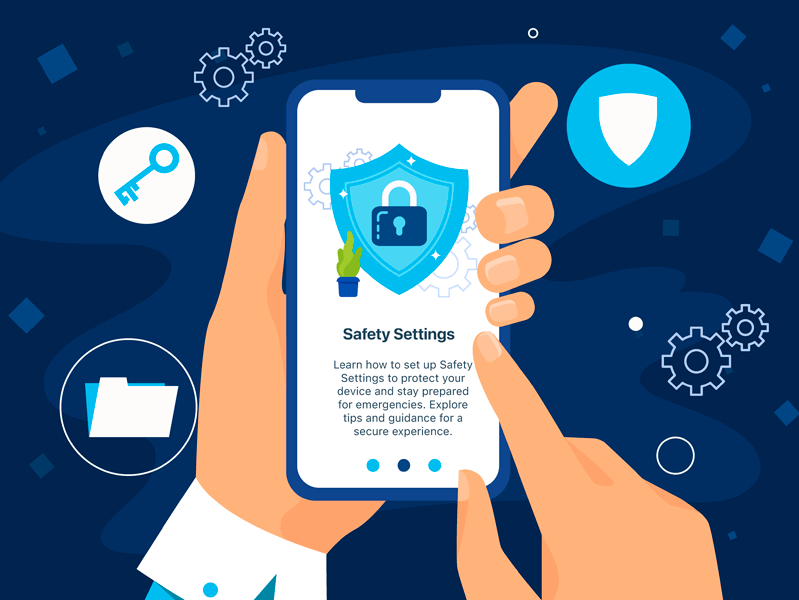Last Updated on 26th November 2025
Reading Time: 5.9 mins
September 1, 2025
In this ever-changing digital age, the lines between different forms of media are constantly being blurred. We’re witnessing a new era where gaming is being intertwined with other industries to engage audiences and enhance entertainment experiences like never before.
The gaming industry is thriving and constantly growing, with a fanbase and community that is arguably unmatched. In the UK, the gaming industry was worth £7.7bn in 2022, and made more money globally than the music, television and film industries combined.
Exploring Gaming Beyond Consoles
When you think of gaming, you may think of a computer, a console, or a mobile phone. However, the industry of gaming has expanded far beyond this, from establishing itself in Hollywood with highly anticipated movies to award-winning soundtracks.

What Does This Mean for Children and Young People?
Top Tips for Safer Gaming
Have Open Conversations
Speak non-confrontationally and frequently to the child in your care about their gaming habits. Ask them questions like, “what games do you like to play?” and “what makes that game so fun for you?” This will foster an environment of trust, allowing them to open up to you more.
Teach Suitable Online Behaviour
Just like the real-world, how you act online matters! Let the child in your care know this, explaining that you shouldn’t do anything online that you wouldn’t offline. You should also practice what you preach by ensuring you behave appropriately online as children often look to their parents or carers as an example!
Discuss Safety Settings
Have conversations with the child in your care about what they can do if another player makes them feel uncomfortable or upset. This includes blocking, reporting and muting other users. Also, you should ensure they know who their trusted adults are if they need to talk about something that has happened when gaming.
Agree on Appropriate Screen Time
Come to an agreement with the child in your care about how much time they should be spending gaming. This can differ on different days, and you should consider their personal needs. For example, some children feel more comfortable socialising through gaming than in person.
Explain That Personal Information Should Stay Private
Children and young people should be taught that their personal, identifiable information is very special and should not be shared online. They should always consider why a person or platform needs their details if they are asked to share them. If they are unsure of the answer, they should ask a trusted adult for advice. This includes their full name, age, school, address, birthday and phone number.
Join our Safeguarding Hub Newsletter Network
Members of our network receive weekly updates on the trends, risks and threats to children and young people online.











